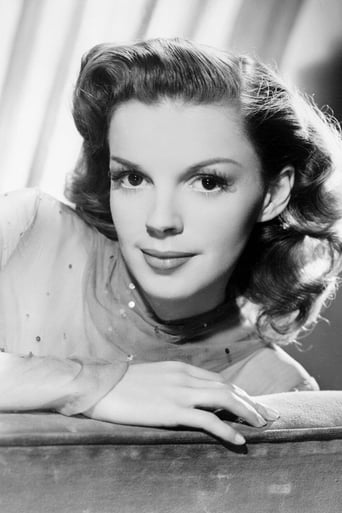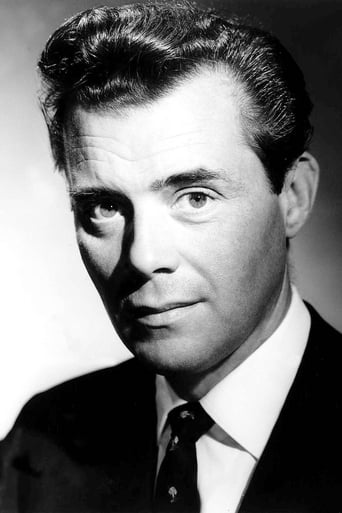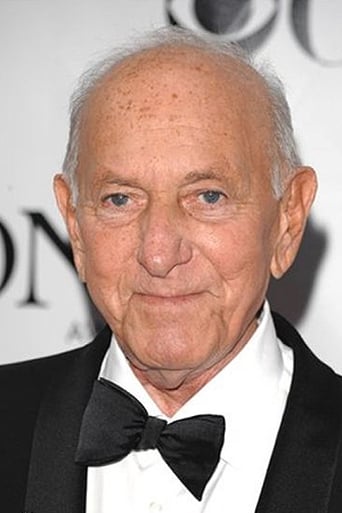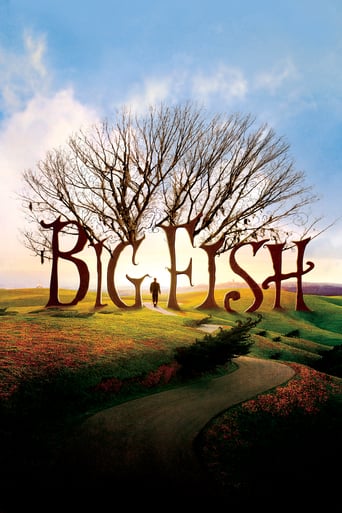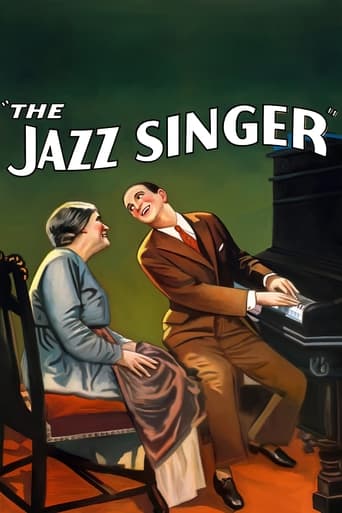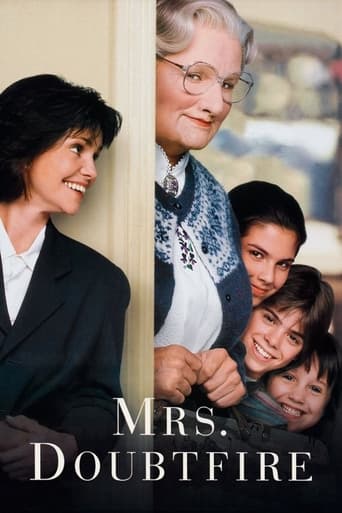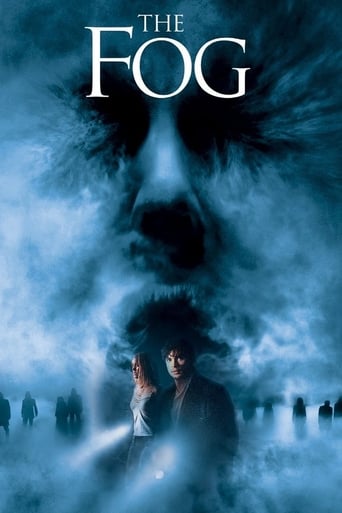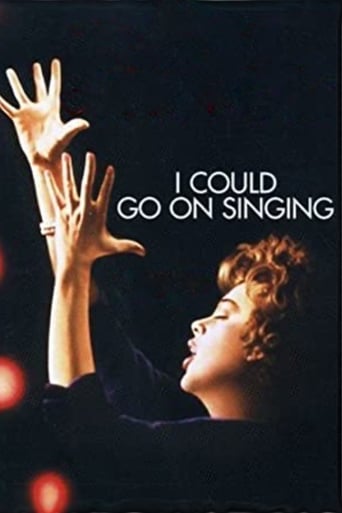
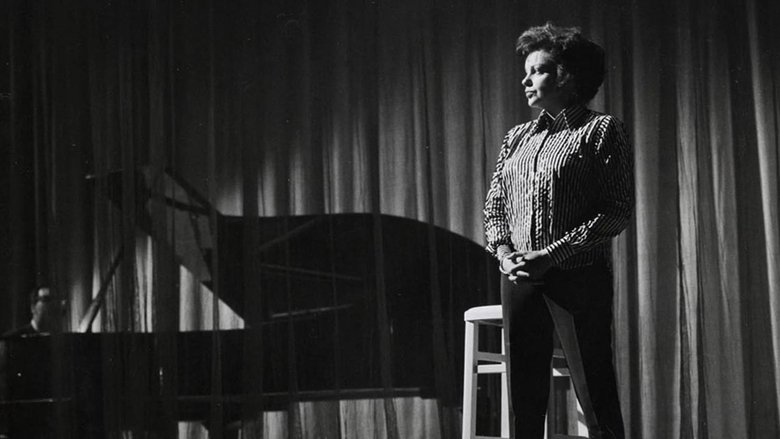
I Could Go on Singing (1963)
Jenny Bowman is a successful singer who, while on an engagement at the London Palladium, visits David Donne to see her son Matt again, spending a few glorious days with him while his father is away in Rome in an attempt to attain the family that she never had. When David returns, Matt is torn between his loyalty to his father and his affection for Jenny.
Watch Trailer
Cast


Similar titles
Reviews
It's Judy's show all the way even if to paraphrase one of her most famous numbers she been through the mill. Surely not looking her best, although here and there she manages to look at least chic, she is still wonderfully compelling. One of the more interesting aspects of her performance is her entrance preparation before her first musical number where it seems we see a glimpse of the real Judy. The story itself is as old as the hills but it's filled with exceptional talent, Aline MacMahon as a loyal companion, Jack Klugman as Judy's manager and Dirk Borgarde as the stuffy, conflicted but ultimately kind hearted love interest. There is an beautiful performance of "It Never Was You" done in one long slow approach take and even though the final number and title tune isn't the best song she's ever sung Judy punches it across with breathtaking flair making it a fitting close to a storied career. She leaves the cinematic stage with arms thrown outward, feet firmly planted, singing to the heavens just as it should have been.Interesting side notes to look for are the unbilled appearances of Judy's kids, Lorna and Joey Luft, in background of the ferry sequence and an aerial view of 60's London. By all accounts a horror show to make this is still an enjoyable experience particularly if you're a Judy fan.
To paraphrase Judith Crist, Either you're a Garland fan, or your not. If you are, you should not miss the chance to see the one feature film which captures the talent and mystique of the mature Judy Garland. Here she is playing a character much like herself. Her strengths and weaknesses are exposed here, and she gives some concert performances within the film which are quite extraordinary. You see an older, somewhat time-ravaged Garland here, and the somewhat soapy screenplay (partially re-written by co-star Dirk Bogarde) shows off her truly great acting ability and her funny sense of humor. The film itself is filmed in gorgeous Technicolor and is filmed in and around London. The songs chosen for the production are all good ones, with "By Myself" being the standout. The title song, especially written for the film is also first-rate. If you see this, you will see why Judy Garland was sometimes referred to as the "female Jolson."
For me, this was a sad movie to watch. Looking at a 41 year-old Judy Garland (who looked about 60 due to her hard life and drug use) made me wistful--saddened about her tragically short life. So, no matter how good or bad she was I couldn't help remembering that its her last film. What a pity--especially when apparently MGM started her using drugs in order to get her to crank out movie after movie when she was incredibly young.The film begins with Judy visiting a doctor about some sort of ill-defined throat ailment. However, this is actually just a pretext, as you learn that she and the doctor (Dirk Bogarde) were once married--and she is trying to get him to allow her to see their son. The son, incidentally, has no idea that she's alive and has never seen her. Oddly, after initially being so adamant that she CANNOT see the boy, he relents and allows a brief visit--one where her identity is not disclosed.Judy finds that the boy is very nice. Aside from dressing in drag and singing in a Gilbert & Sullivan production, a pretty typical boy. Later, the boy and his father are supposed to go to one of her concerts (as Judy plays a character obviously pattered after herself). But, when Bogarde is called away on business, the boy sneaks off to see her in concert himself. And, while not exactly kidnapping the boy, she 'borrows' him for the next couple days and they see the town and bond.During all this time, you see a lot of footage of Judy supposedly doing concerts. If you adore her singing, you'll be thrilled. If you are like me, you enjoyed Garland much more for her acting and all this singing seems to get in the way of the plot. I certainly think the film might have been better with less singing--a lot less singing (particularly the number when she wore the red dress--she looked awful).When Bogarde finally returns, he is naturally furious. Judy clearly took advantage of the situation. What will happen next?! Will Judy try to regain custody? Will Bogarde ever let her see the sweet boy again? Or will she give it all up for her public? This is a moderately interesting film but ones die-hard fans of Garland will most likely love. I do think it does go on a bit too long--to the point of being painful near the end. But there's enough good stuff that most will clearly enjoy the picture. I sure would like to know how much (if any) is really Judy's real life. For instance, what was it like for her and her kids due to her many marriages, acting and world tours?
Poorly made-up, coiffed, dressed and photographed, Miss Garland is at a distinct disadvantage before she is even out of the starting gate.And why leave the starting gate when the story is utterly lacking in either originality and conviction ? not to mention motivation.Even more ominous is the fact that this vehicle does not find her in the best of voice. Indeed it must be admitted that she sounds a bit ragged with the notable exception of "It Never Was You." This demerit coupled with the fact that the new songs are uninspired at best, renders the film's title open to waggery, as in those audience members who suggest that the word "not" should have been inserted before the word "go".It's true that the acting of all the players is admirable, quite a feat for this slush. Garland freezes the blood in an angry scene with Bogarde in a hotel room, and in the lovely Stoke Poges scene she again reveals how much more effective she always was, (as in "A Child is Waiting,") when she underplays with inescapable poignance, rather than tossing bathos all over the walls. And it is assuredly true, that in the telephone scene her acting brings to bear all that is great in her.But it is for Master Phillips that we reserve our especial praise. This young man manages his difficult assignment memorably. How else to explain how he handles his end of that same telephone conversation just as convincingly as just as heartbreakingly? What a pity that such a lush physical production as this could not have been extended to the star's appearance. One can only wonder how Ross Hunter would have transformed Judy into something recalling her former charms, given the pulchritude he enhanced in Misses Turner, Wyman, Hayward and Dee.


